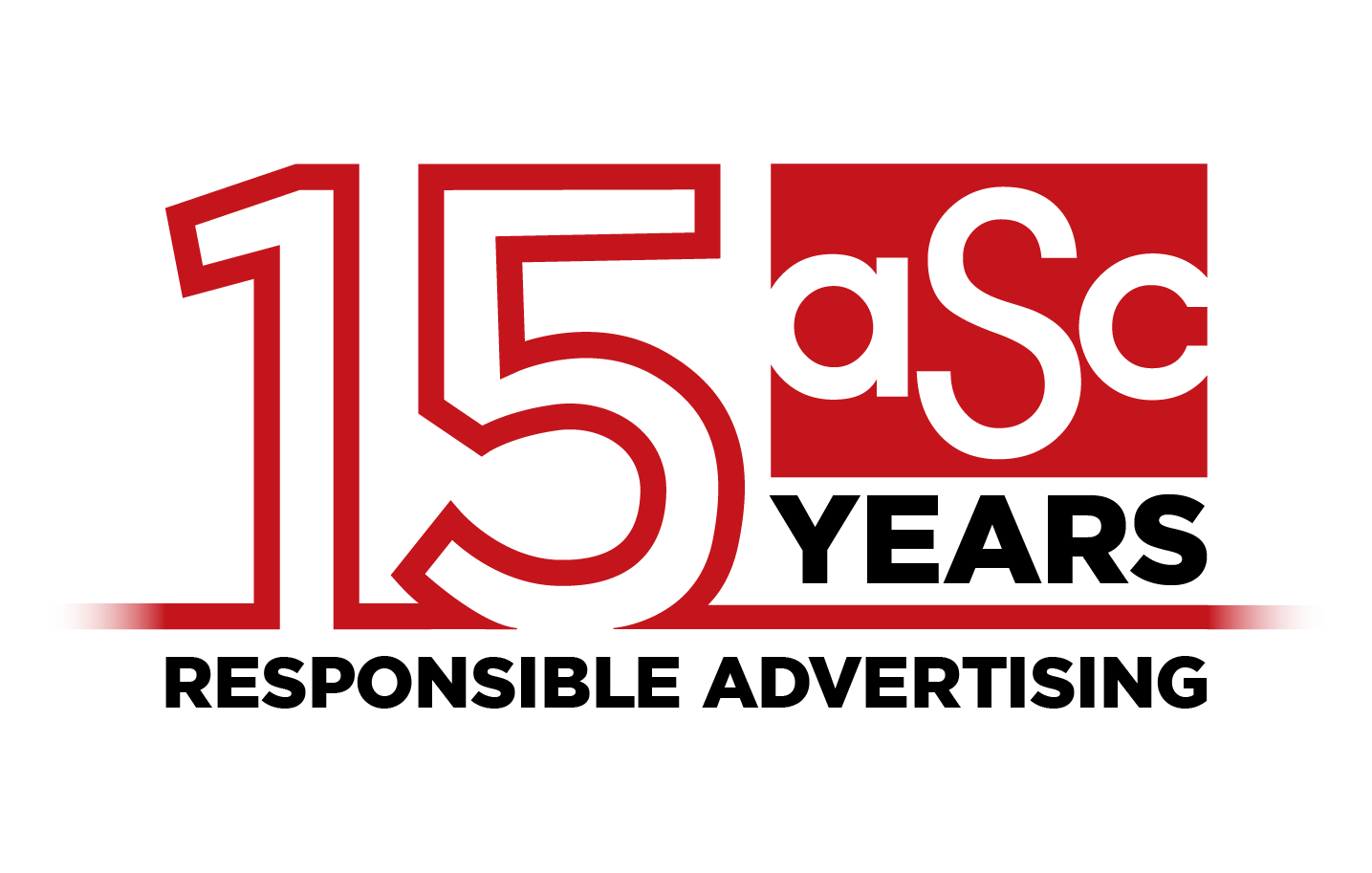ABOUT THE CODE
The first Advertising Code of Ethics was completed by advertiser and ad agency leaders in March 1974. The draft was submitted for polishing to the then Department of Public Information for clarity and precision.
The final version of the Code of Ethics was released in April 1975 and distributed to the industry in September 1975.
The Code of Ethics was officially unveiled during a press conference at The Plaza restaurant in November 1975.
The Implementing Rules and Regulations (IRR) of Republic Act 7394 (The Consumer Act) mandates that all advertising materials should conform to the Advertising Code of Ethics of the AdBoard.
The AdBoard’s Advertising Content and Regulations Committee (ACRC) was the main implementing arm of advertising self-regulation in the Philippines until March 31, 2008 when the Ad Standards Council (ASC) took over the function following the signing of a Memorandum of Agreement between AdBoard and the Ad Standards Council (ASC).
The ASC was incorporated in 2008 after a thorough consultation with top advertisers and ad agencies through the Philippine Association of National Advertisers (PANA) and the Association of Accredited Advertising Agencies (4As), respectively. It commenced operations in the same year.
The Adboard was dissolved and closed in July 2016.
The Ad Standards Council is a non-stock, non-profit organization which aims to promote truth in advertising through self-regulation of advertising content. The ASC was established by the major stakeholders of the advertising industry, i.e., PANA (representing the Advertisers), 4A’s (representing the Advertising Agencies), and KBP (representing Broadcast Media). They were later joined in 2013 by MSAP (representing Media Agencies) and IMMAP (representing Digital Media), and in 2014 by UPMG (representing Print Media).
The ASC currently handles the screening of all forms of advertising and settles all disputes with regard to advertising content.
The ASC Code of Ethics and Manual of Procedures, an updated version of the AdBoard Code of Ethics, was first released on March 17, 2008. Shortly after the ASC took over the advertising self-regulation functions of the AdBoard, a committee composed of PANA, 4As, and KBP representatives was formed to review the Code. The result was a comprehensive document reflecting the needs of the advertising industry of that period.
More than a decade later, the ASC continues to review and update the Code of Ethics guided by the need to adopt new developments in both local and international advertising.
Over the last few years, responsible advertising has been at the center of communication that highlights promoting healthy eating habits, responsible alcohol consumption, and promoting positive values, to name a few.
The scope of advertising has remarkably expanded beyond the traditional forms. Emerging new disciplines such as digital marketing and environmental marketing need to be addressed in the Code.
It is the ASC’s mission to protect the consumers first and foremost. This can be achieved only through advertising self-regulation processes responsive to their needs. The ASC Code helps ensure that advertising is truthful and accurate. Upholding the integrity and credibility of advertising makes it a more powerful tool to influence consumer purchase. Truthful advertising also encourages fair play among competitors and the ASC has provided a venue for efficient resolution of advertising disputes among companies.
The ASC Code team included in its research local and global references such as the International Chamber of Commerce (ICC), World Federation of Advertisers (WFA), and International Center for Advertising Self-Regulation (ICAS) guidelines on Responsible Advertising for Children, Environmental Claims, Digital Marketing, and other countries’ authorized regulating body.
SCOPE OF COVERAGE
Generally, the ASC Code applies to all advertising and marketing communication, including digital marketing, for the purpose of promoting any kind of goods and services, companies, and institutions. The Code must be observed by everyone involved in the practice of marketing communication, whether as Advertiser, Advertising Agency, Digital Agency, in the Media, Production Suppliers, or in related functions.

